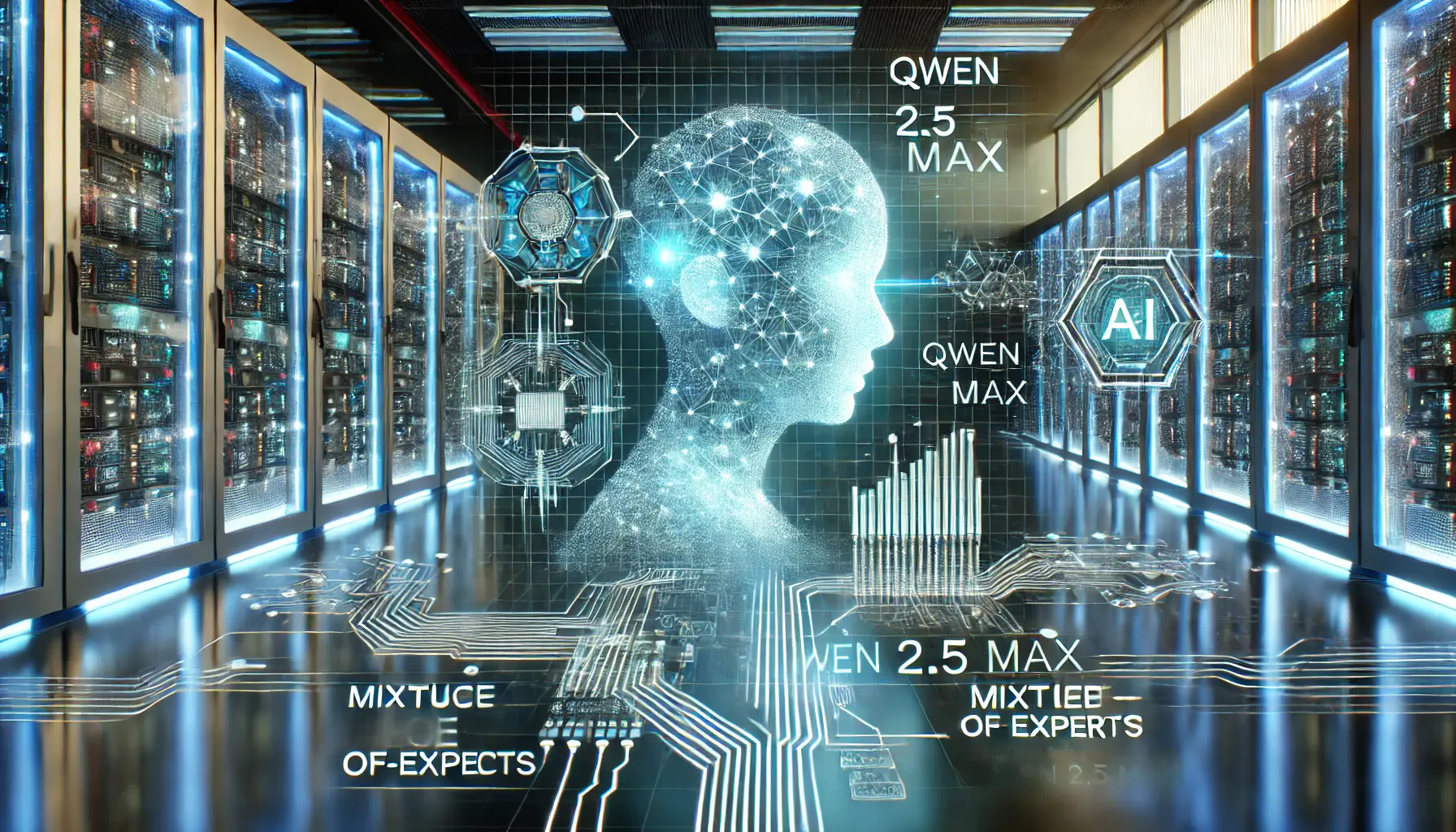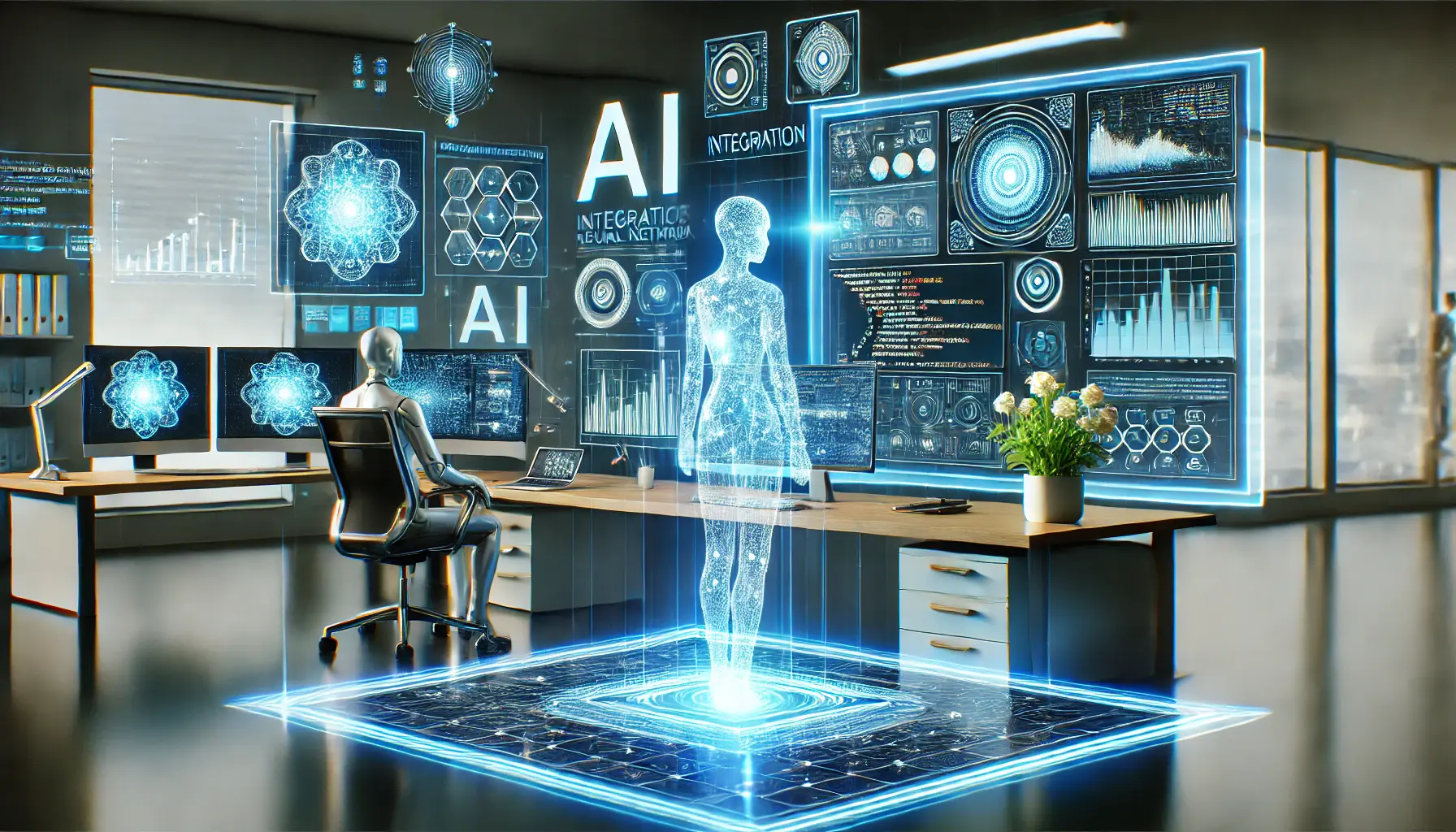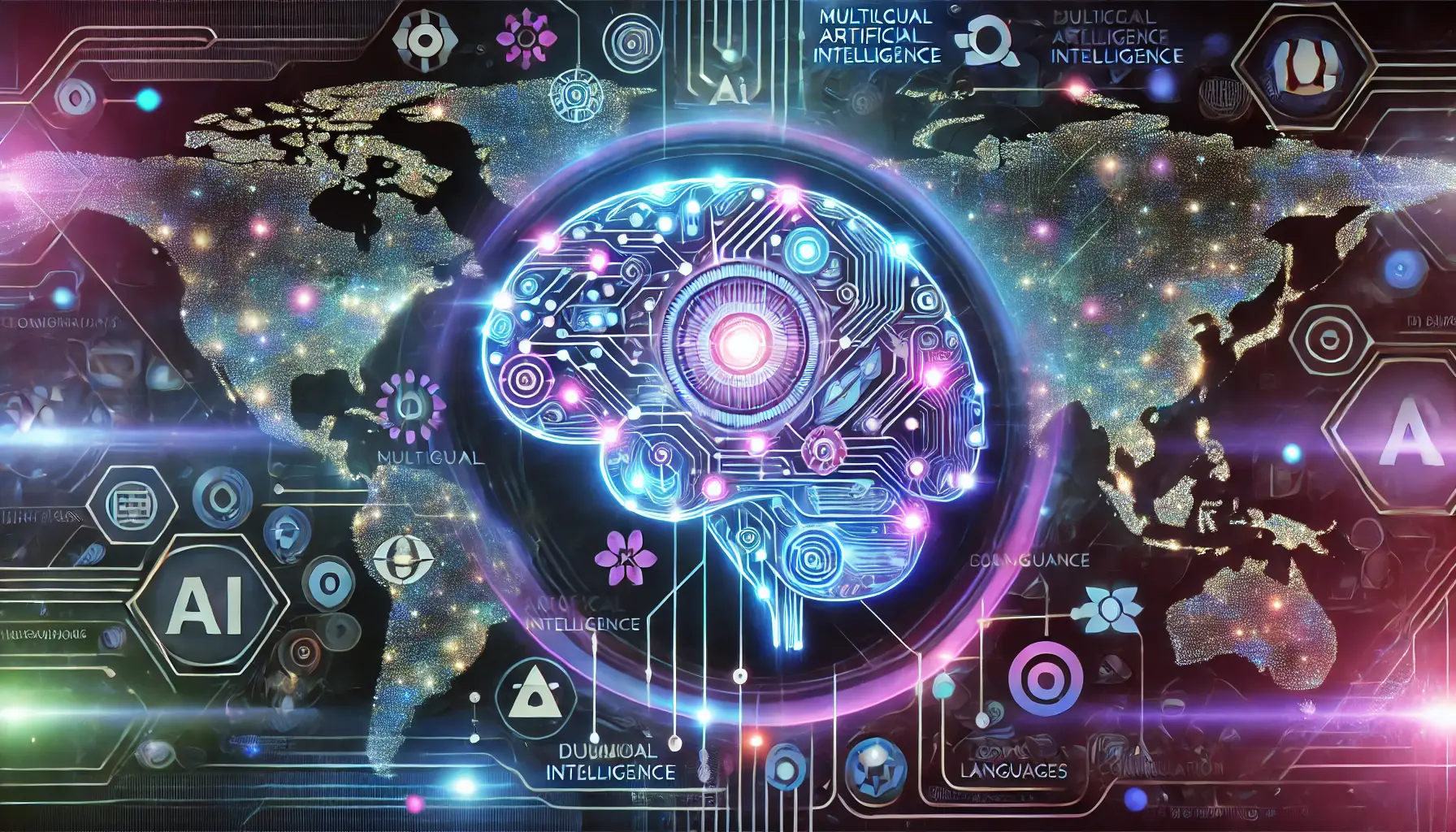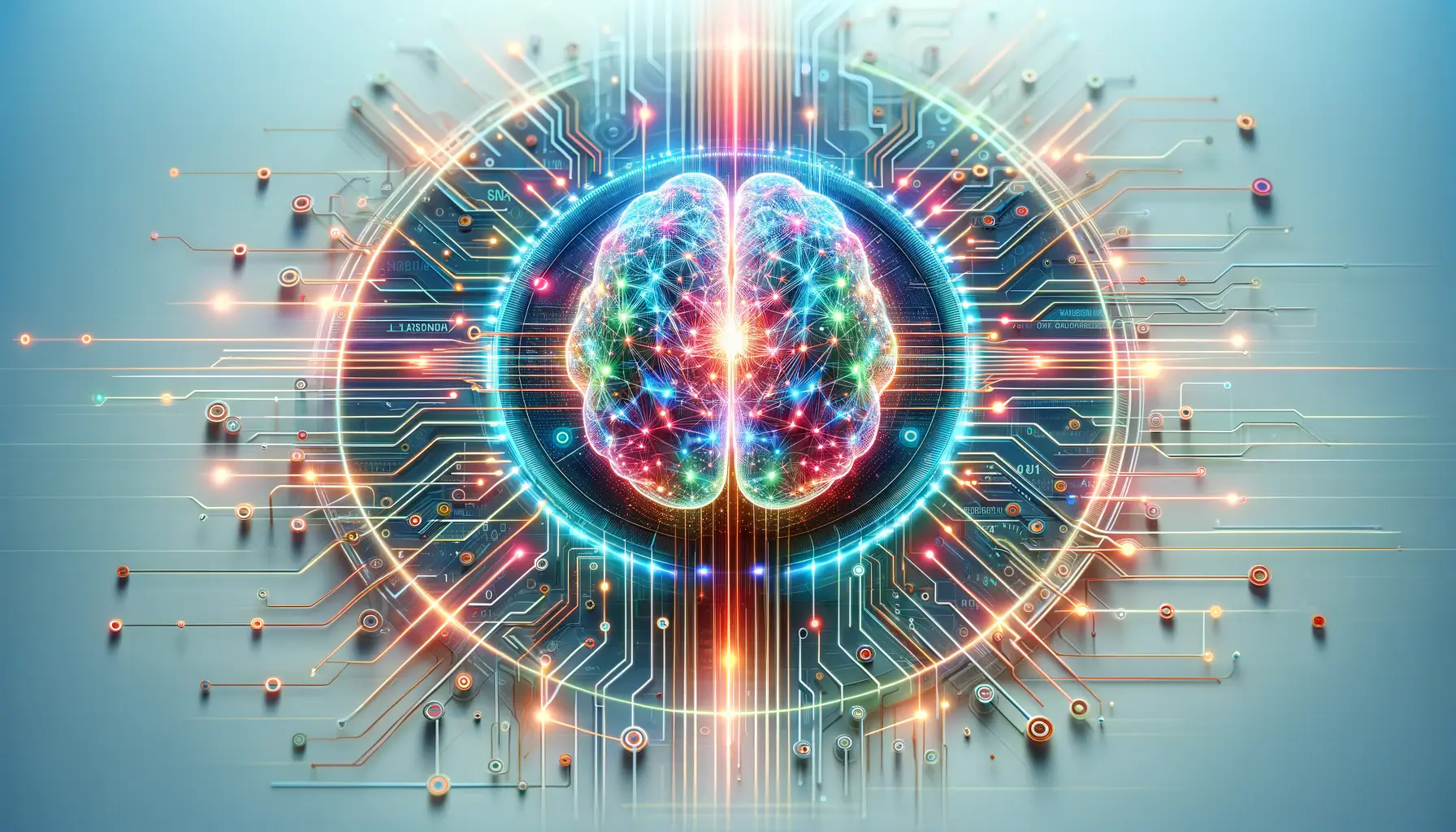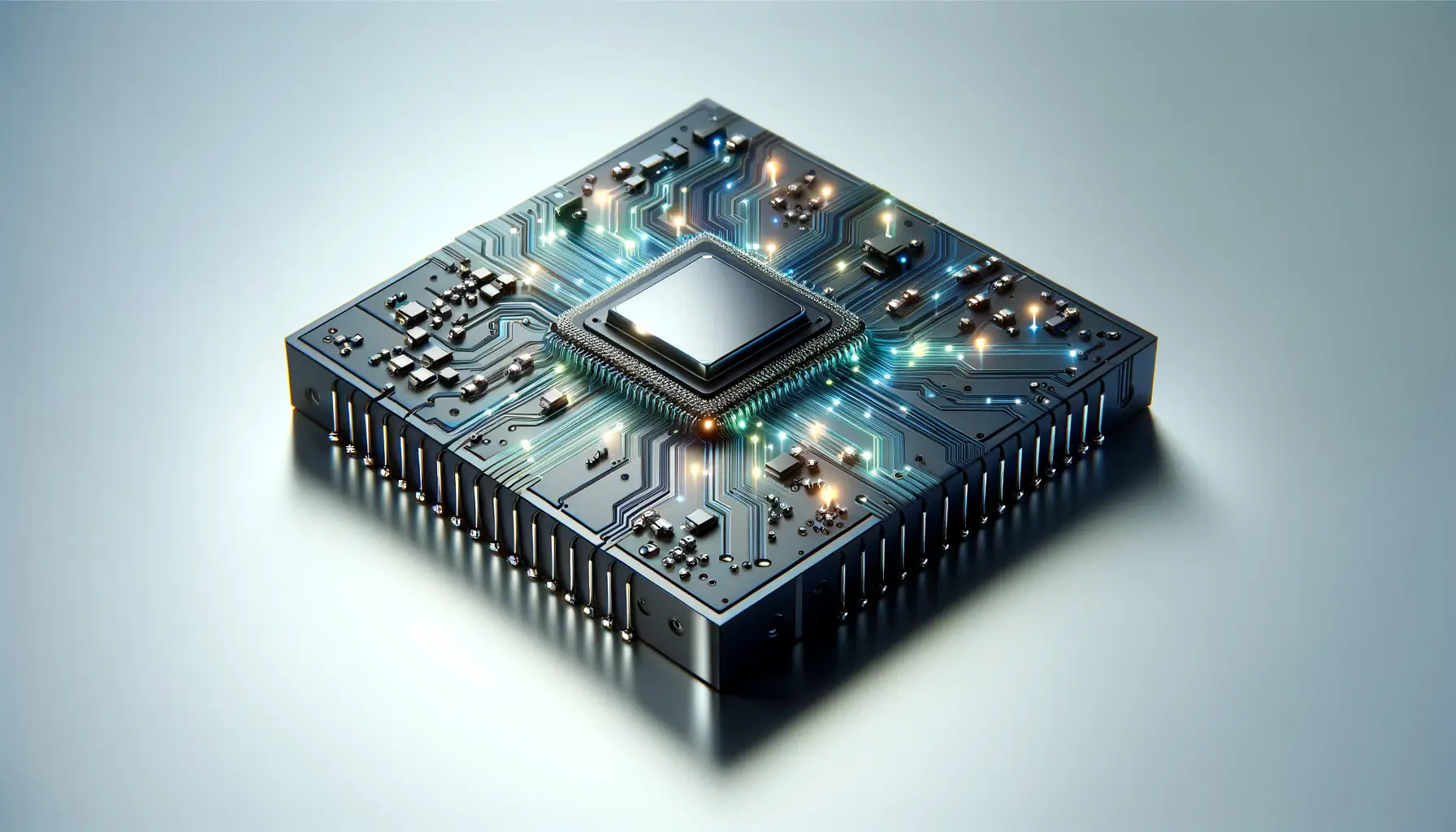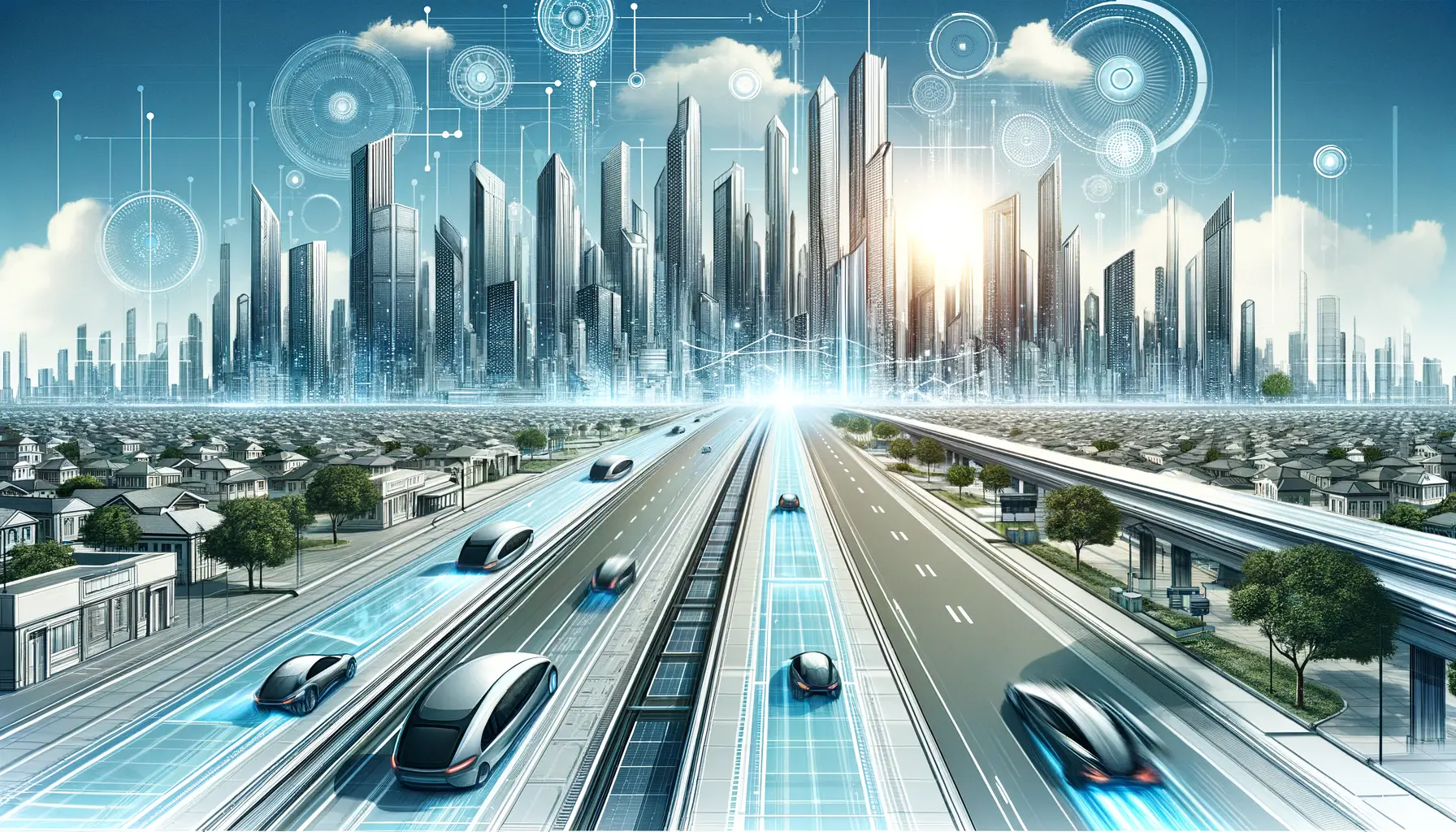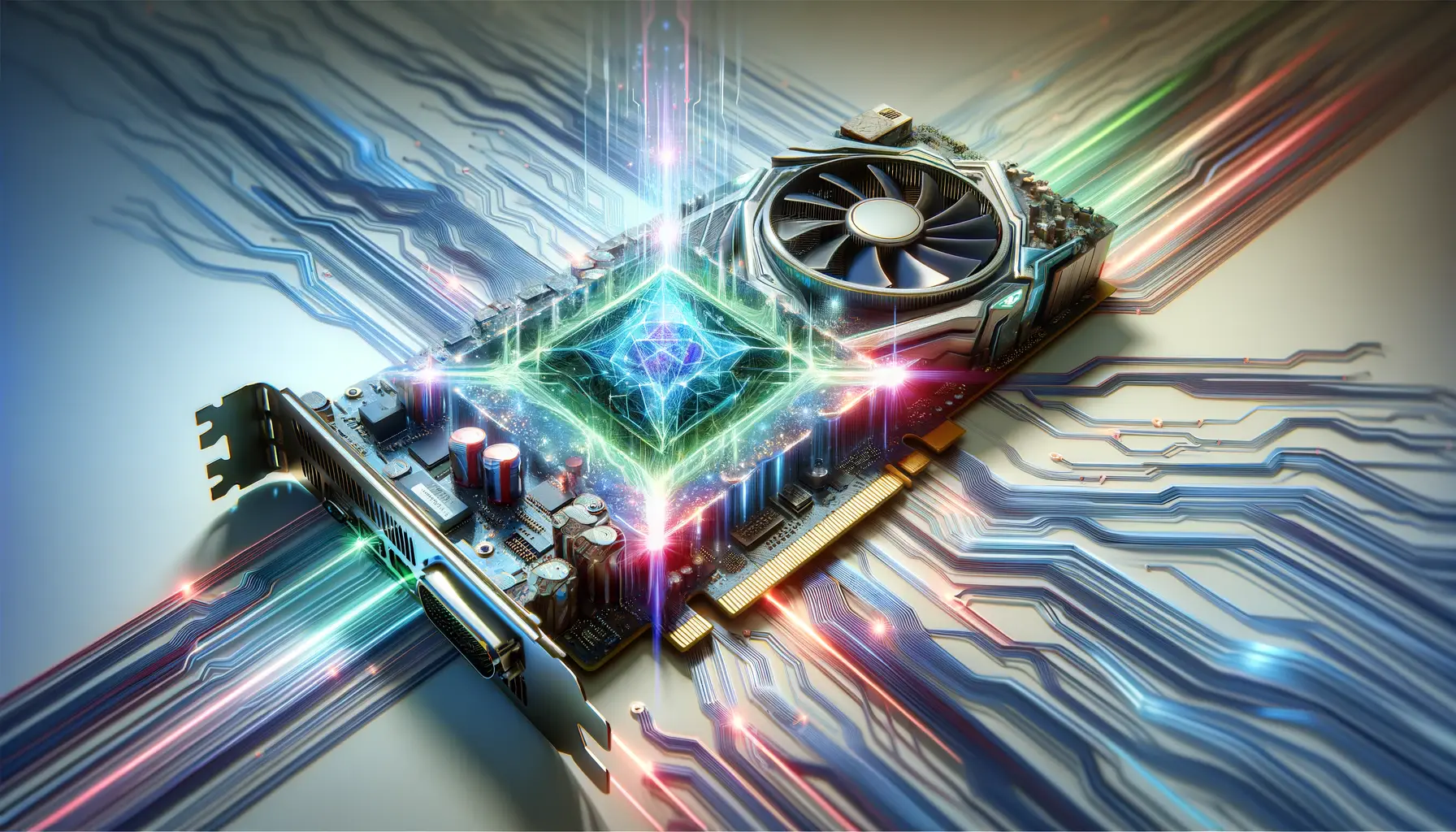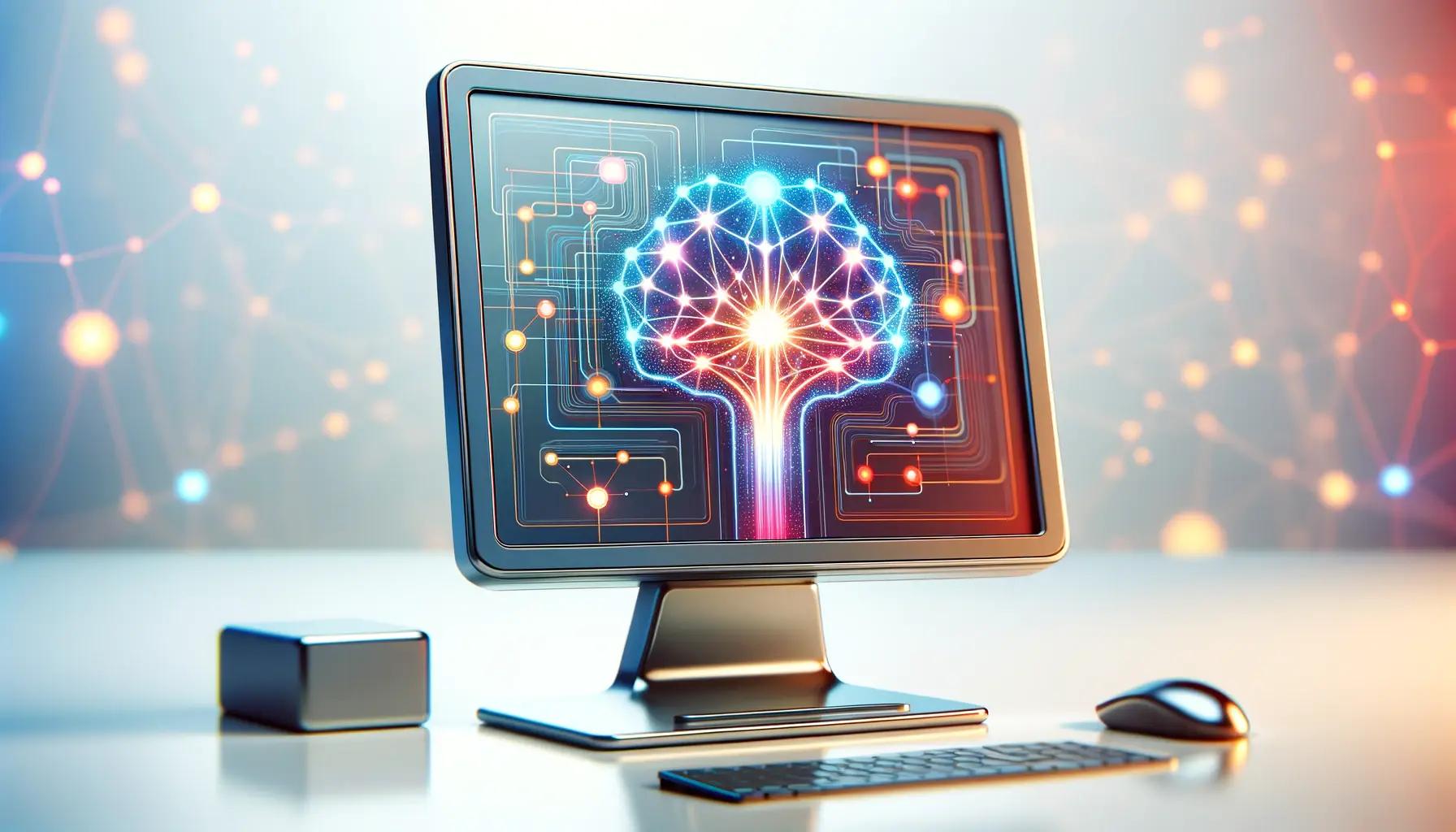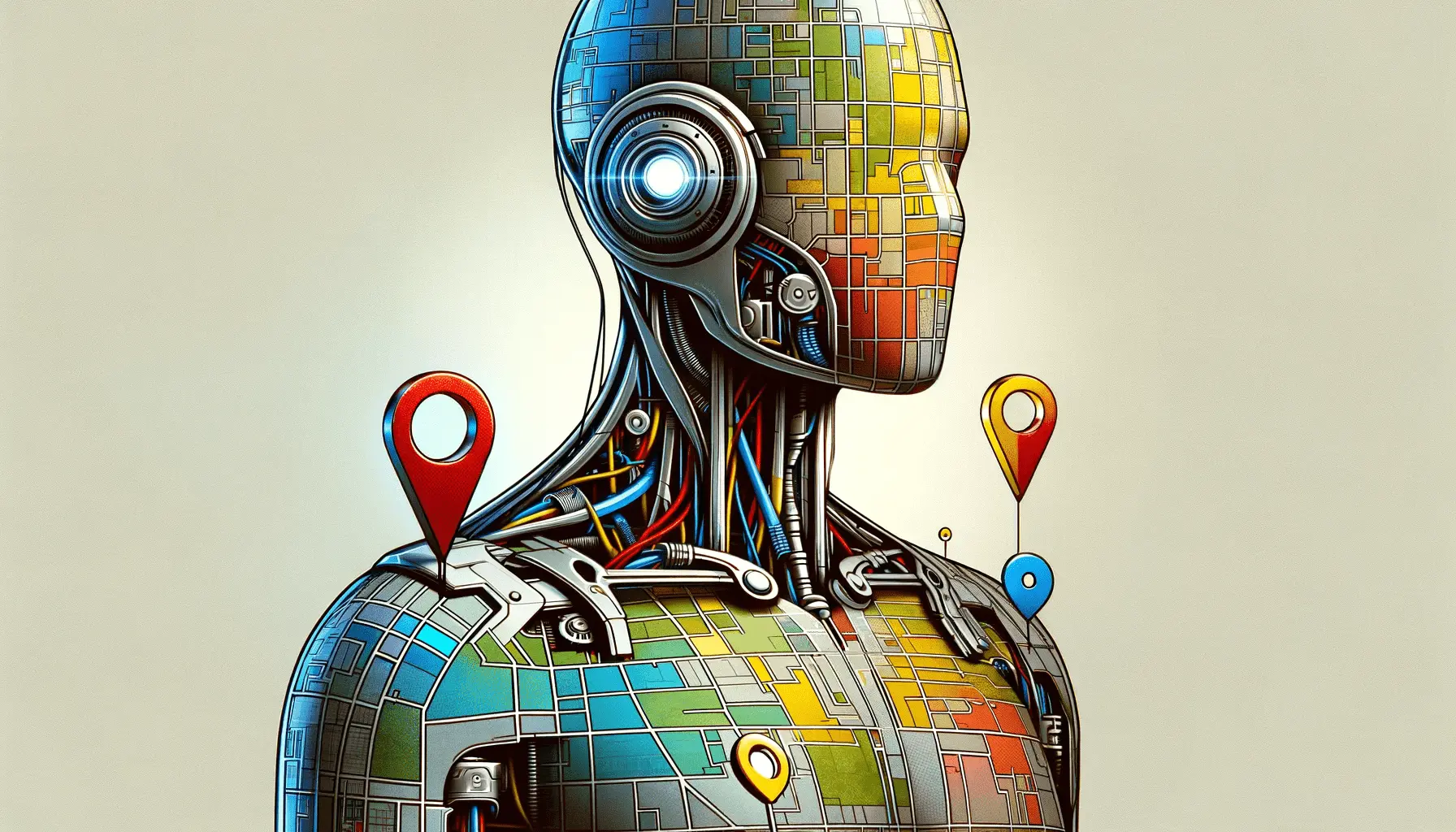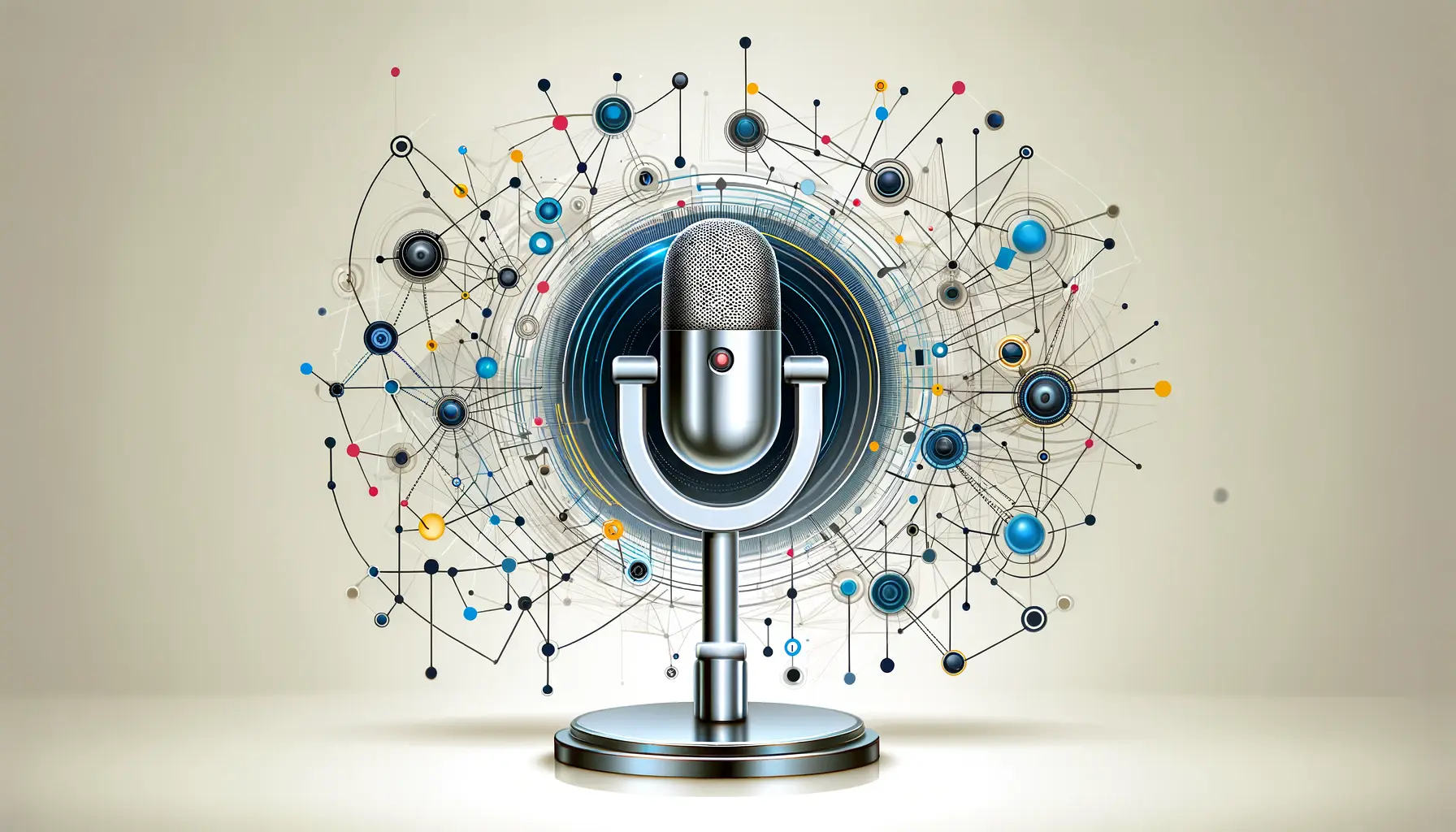The realm of artificial intelligence (AI) is witnessing a transformative era with the advent of Claude AI, a groundbreaking technology that promises to redefine the boundaries of machine learning and natural language processing.
As we stand on the cusp of this technological revolution, Claude AI emerges as a beacon of innovation, driving forward the capabilities of AI systems to understand, interpret, and interact with human language in unprecedented ways.
This article delves into the future developments in Claude AI technology, exploring the potential advancements and the impact they may have on various sectors.
At the heart of Claude AI’s evolution is the pursuit of creating more human-like, conversational AI that can seamlessly integrate into our daily lives, enhancing productivity, creativity, and decision-making processes.
The technology’s current trajectory suggests a future where Claude AI could become an indispensable tool across industries, from healthcare and education to finance and customer service.
The following sections will explore the key areas of development and the innovative features that Claude AI is poised to offer.
- Enhancing Conversational Abilities
- Advancing AI Safety and Ethics
- Integrating Multimodal Capabilities
- Improving Accessibility and Inclusivity
- Facilitating AI in Education and Learning
- Optimizing Business Operations and Customer Service
- Driving Innovation in Healthcare
- Envisioning the Future with Claude AI Technology
- Frequently Asked Questions About Future Developments in Claude AI Technology
Enhancing Conversational Abilities
Understanding Context and Nuance
The ability of Claude AI to grasp the context and nuance of human language is a primary focus of its ongoing development.
Future iterations aim to significantly improve the AI’s understanding of complex conversations, enabling it to provide more accurate and relevant responses.
This involves not only processing the literal meaning of words but also interpreting the intent and emotions behind them, a challenge that requires sophisticated natural language understanding algorithms.
Developers are working on enhancing Claude AI’s ability to maintain coherent and contextually relevant conversations over extended interactions.
This involves improving memory capabilities and the AI’s ability to reference previous parts of a conversation, ensuring a smooth and natural dialogue flow.
Such advancements will make Claude AI an even more effective tool for applications requiring detailed discussions, such as therapy sessions, educational tutoring, or complex customer service inquiries.
Expanding Knowledge Base
Another critical area of development for Claude AI is the expansion of its knowledge base.
Future versions are expected to incorporate a broader spectrum of information, enabling the AI to provide insights across a wider range of topics.
This expansion will be achieved through the integration of vast datasets, including scientific research, global news, and cultural content, making Claude AI a more versatile and informative assistant.
Moreover, the process of updating Claude AI’s knowledge base is being streamlined to ensure that the information it provides remains current.
This involves developing mechanisms for real-time learning and adaptation, allowing Claude AI to stay up-to-date with the latest developments in various fields.
Such capabilities will be invaluable for professionals needing timely and accurate information, from medical practitioners to financial analysts.
The future of Claude AI technology holds the promise of creating more nuanced and knowledgeable AI assistants, capable of engaging in complex conversations and providing up-to-date information across a multitude of domains.
Advancing AI Safety and Ethics
As Claude AI technology continues to evolve, a significant emphasis is being placed on enhancing the safety and ethical considerations of AI interactions.
The development teams behind Claude AI are deeply committed to ensuring that the technology is not only powerful and efficient but also responsible and secure.
This commitment to safety and ethics is manifested in several key areas of development, aiming to address the complex challenges that arise as AI becomes more integrated into our lives.
Key focus areas include:
- Data Privacy: Ensuring that Claude AI adheres to strict data privacy standards is paramount. Future developments are focused on enhancing data encryption, anonymization, and user consent protocols, thereby safeguarding personal information and complying with global data protection regulations.
- Content Moderation: As Claude AI’s conversational abilities expand, so does the need for robust content moderation systems. The aim is to prevent the generation or propagation of harmful content, including misinformation, hate speech, and other forms of inappropriate material. Advanced filtering algorithms and human oversight mechanisms are being developed to tackle these challenges effectively.
- Transparency and Explainability: Increasing the transparency of Claude AI’s decision-making processes is a critical goal. This involves creating more interpretable AI models that can explain their reasoning and decisions in a way that is understandable to users. Such transparency is crucial for building trust and for the ethical deployment of AI in sensitive areas such as healthcare and law enforcement.
Implementing Ethical AI Frameworks
To guide the ethical development and deployment of Claude AI, comprehensive ethical AI frameworks are being established.
These frameworks encompass principles such as fairness, accountability, and non-discrimination, ensuring that Claude AI’s advancements benefit all users equitably.
By embedding these ethical considerations into the core of Claude AI’s development process, the technology is being steered towards a future where AI enhances human capabilities without compromising on moral values.
Moreover, collaborations with ethicists, policymakers, and the broader community are being strengthened to ensure that Claude AI’s evolution aligns with societal norms and expectations.
Such collaborative efforts are vital for addressing the ethical dilemmas posed by AI and for ensuring that the technology is developed in a manner that respects human rights and dignity.
The advancement of Claude AI technology is not just a technical endeavor but also a moral one, requiring a balanced approach that prioritizes safety, ethics, and the well-being of society.
Integrating Multimodal Capabilities
The future of Claude AI technology is not limited to text-based interactions.
A significant area of development is the integration of multimodal capabilities, which will allow Claude AI to understand and generate content across various formats, including images, videos, and audio.
This evolution towards a multimodal AI represents a leap forward in creating more versatile and intuitive AI systems.
Key advancements in multimodal capabilities include:
- Image and Video Processing: Future versions of Claude AI are expected to incorporate advanced image and video processing abilities. This will enable the AI to analyze visual content, recognize objects and patterns, and even generate descriptive narratives or responses based on visual inputs.
- Audio Understanding: Enhancing Claude AI’s ability to process and generate audio content is another critical development. This includes speech recognition, natural language understanding from audio inputs, and the generation of human-like speech outputs, making Claude AI an effective tool for voice-activated applications and services.
- Seamless Integration: The goal is to seamlessly integrate these multimodal capabilities into Claude AI’s conversational framework. This means users can interact with Claude AI using the most convenient format, whether typing a question, uploading an image, or speaking directly to the AI. Such flexibility will significantly enhance the user experience and open up new possibilities for AI applications.
Expanding Application Horizons
The integration of multimodal capabilities into Claude AI technology is set to revolutionize the way AI is applied across different sectors.
In healthcare, for example, Claude AI could analyze medical images to assist in diagnosis and treatment planning.
In the realm of education, it could offer interactive learning experiences by responding to both textual and visual queries from students.
Similarly, in the customer service sector, Claude AI could provide more personalized and efficient support by processing and responding to customer inquiries in various formats.
Moreover, the ability to process and generate content across different modalities will make Claude AI a powerful tool for content creators.
From generating descriptive content for images and videos to creating audio content for podcasts and voiceovers, Claude AI’s multimodal capabilities will unlock new creative possibilities and workflows.
The integration of multimodal capabilities into Claude AI is paving the way for a future where AI can interact with the world in a manner that closely mirrors human perception and communication.
Improving Accessibility and Inclusivity
The advancement of Claude AI technology is also focused on improving accessibility and inclusivity, ensuring that AI benefits can be enjoyed by a broader spectrum of society.
By making AI interactions more intuitive and accommodating diverse needs, Claude AI aims to bridge the digital divide and empower individuals with different abilities and backgrounds.
Efforts to enhance accessibility and inclusivity involve:
- Developing adaptive user interfaces that can adjust based on the user’s preferences and needs, including support for larger text, voice commands, and screen readers.
- Expanding language support to include a wide range of global languages and dialects, thereby breaking down language barriers and making Claude AI accessible to non-English speakers.
- Implementing sensitivity and bias checks to ensure that Claude AI’s responses are respectful, culturally aware, and free from discriminatory biases. This involves continuous training and updating of the AI models to reflect ethical standards and societal values.
Empowering Diverse User Groups
By focusing on accessibility and inclusivity, Claude AI technology is set to empower diverse user groups, including individuals with disabilities, elderly users, and those from non-English speaking backgrounds.
For instance, visually impaired users can benefit from voice-activated AI interactions and audio responses, making digital content more accessible.
Similarly, by supporting multiple languages, Claude AI can serve as a bridge for users seeking to access information or services in their native language, enhancing their ability to learn, work, and engage with digital platforms.
Furthermore, the commitment to ethical AI development ensures that Claude AI technology promotes fairness and equity.
By actively working to eliminate biases and ensuring that AI interactions are inclusive, Claude AI is contributing to the creation of a more equitable digital landscape.
This not only enhances the user experience but also fosters trust in AI technologies as tools for positive societal impact.
The drive towards improving accessibility and inclusivity in Claude AI technology underscores the importance of creating AI systems that are equitable, respectful, and beneficial for all segments of society.
Facilitating AI in Education and Learning
The integration of Claude AI into the education sector holds transformative potential, promising to revolutionize the way learning is facilitated and accessed.
By harnessing the power of advanced AI, educators and learners can look forward to more personalized, engaging, and effective educational experiences.
The future developments in Claude AI technology are set to make significant strides in this direction, offering innovative solutions to longstanding challenges in education.
Key areas of impact include:
- Personalized Learning: Claude AI’s ability to analyze individual learning styles and preferences will enable the creation of customized learning plans. This personalized approach can adapt in real time to the learner’s progress, strengths, and areas for improvement, thereby optimizing the learning experience for each student.
- Interactive Tutoring: With advancements in natural language processing, Claude AI can function as an interactive tutor, providing instant feedback, explanations, and support to students. This can supplement traditional classroom teaching, offering students additional resources to master complex subjects.
- Automated Assessment: Claude AI can assist educators by automating the grading process, providing detailed assessments of students’ work, and identifying areas where students may need further assistance. This not only saves time for educators but also provides timely and constructive feedback to students.
Breaking Down Educational Barriers
The deployment of Claude AI in education also promises to break down barriers to learning.
By offering scalable and accessible educational tools, Claude AI can reach learners in remote or underserved regions, providing them with quality educational content and interactive learning experiences.
Furthermore, Claude AI’s multilingual capabilities can help overcome language barriers, making education more accessible to non-native English speakers.
In addition to formal education settings, Claude AI’s applications in lifelong learning and professional development are equally promising.
Adults seeking to upskill or reskill can benefit from Claude AI’s tailored learning pathways, accessing up-to-date content and resources that align with their career goals and learning preferences.
This adaptability makes Claude AI a valuable asset in the rapidly changing job market, where continuous learning is key to staying competitive.
The role of Claude AI in education and learning is evolving to become a cornerstone of modern educational practices, offering personalized, accessible, and effective learning solutions for all ages and backgrounds.
Optimizing Business Operations and Customer Service
The integration of Claude AI into business operations and customer service is set to redefine the landscape of corporate efficiency and consumer satisfaction.
As businesses seek to streamline operations and enhance customer experiences, Claude AI emerges as a pivotal technology, offering solutions that are both innovative and impactful.
The advancements in Claude AI technology promise to bring about significant improvements in how businesses interact with their customers and manage internal processes.
Key benefits for businesses include:
- Automated Customer Support: Claude AI can power sophisticated chatbots and virtual assistants capable of handling a wide range of customer inquiries in real-time. This not only improves response times but also ensures that customers receive accurate and helpful information, enhancing overall satisfaction.
- Process Automation: By automating routine tasks and processes, Claude AI allows businesses to allocate human resources more effectively, focusing on strategic tasks that require human insight. This optimization of workflow leads to increased productivity and cost savings.
- Data Analysis and Insights: Claude AI’s ability to process and analyze large volumes of data can provide businesses with valuable insights into customer behavior, market trends, and operational efficiencies. These insights can inform decision-making, strategy development, and innovation efforts.
Transforming Customer Interactions
The application of Claude AI in customer service is particularly transformative, offering a level of personalization and efficiency previously unattainable.
Future developments in Claude AI technology will enable businesses to deliver personalized recommendations, proactive support, and seamless service experiences across various channels.
This level of service not only meets but exceeds customer expectations, fostering loyalty and driving business growth.
Moreover, Claude AI’s advancements in natural language understanding and generation will allow businesses to create more natural and engaging interactions with customers.
Whether through chat, email, or voice, Claude AI can communicate in a way that feels personal and human-like, breaking down the barriers between digital and human customer service.
The notion that AI and automation will depersonalize customer service is being challenged by Claude AI, which aims to enhance the human aspect of customer interactions through personalized, efficient, and empathetic AI-driven communication.
Driving Innovation in Healthcare
The application of Claude AI in the healthcare sector is poised to bring about a paradigm shift in patient care, diagnosis, and treatment.
As Claude AI technology continues to evolve, its potential to support healthcare professionals and improve patient outcomes becomes increasingly evident.
The integration of AI in healthcare is not just about enhancing operational efficiencies; it’s about fundamentally improving the quality of care and making healthcare more accessible to patients worldwide.
Key advancements in Claude AI for healthcare include:
- Diagnostic Support: Claude AI can assist medical professionals by providing diagnostic support, analyzing patient data, and identifying patterns that may indicate specific health conditions. This can lead to earlier and more accurate diagnoses, significantly impacting treatment outcomes.
- Personalized Treatment Plans: By analyzing vast amounts of medical research and patient data, Claude AI can help in developing personalized treatment plans that are tailored to the individual needs and medical history of each patient, thereby enhancing the effectiveness of treatments.
- Patient Engagement and Monitoring: Claude AI can facilitate better patient engagement and monitoring through personalized reminders, health tips, and interactive tools that encourage patients to take an active role in their health management. This can lead to improved health behaviors and better management of chronic conditions.
Enhancing Access to Healthcare
Beyond improving the quality of care, Claude AI is also set to enhance access to healthcare services.
By automating administrative tasks and streamlining patient management processes, healthcare providers can allocate more time and resources to patient care.
Additionally, Claude AI-powered telehealth services can make healthcare more accessible to individuals in remote or underserved areas, breaking down geographical barriers to care.
The future developments in Claude AI technology also hold promise for global health challenges, offering tools for epidemic prediction, health education, and resource allocation.
By leveraging the power of AI, healthcare systems can become more responsive and resilient, better equipped to meet the needs of their populations.
The impact of Claude AI on healthcare is multifaceted, driving not only technological innovation but also enhancing the human aspects of care—empathy, understanding, and personalized attention—thereby redefining what is possible in patient care and health management.
Envisioning the Future with Claude AI Technology
The journey through the evolving landscape of Claude AI technology reveals a future brimming with potential and promise.
From enhancing conversational abilities to driving innovation in healthcare, Claude AI is poised to redefine the boundaries of artificial intelligence.
As we stand on the threshold of this AI revolution, it’s clear that Claude AI is not just a technological advancement; it’s a catalyst for change across various sectors, promising to enhance the way we live, work, and interact.
The Path Forward
The future developments in Claude AI technology are guided by a commitment to innovation, safety, and ethical responsibility.
As we look ahead, the integration of multimodal capabilities, alongside improvements in accessibility and inclusivity, underscores the technology’s potential to create more human-centric AI solutions.
The application of Claude AI in education, business, and healthcare illustrates its transformative impact, offering personalized, efficient, and accessible services that cater to the diverse needs of society.
Embracing the AI Era
As Claude AI continues to evolve, it invites us to reimagine the possibilities of artificial intelligence.
The advancements in natural language processing, ethical AI frameworks, and multimodal interactions highlight the technology’s trajectory towards more sophisticated and intuitive AI systems.
These developments not only promise to enhance the capabilities of Claude AI but also to foster a deeper integration of AI in our daily lives, making technology an indispensable ally in addressing complex challenges and enhancing human potential.
- The enhancement of conversational AI to understand context and nuance more effectively.
- Advancements in AI safety and ethics, ensuring responsible and secure AI interactions.
- The integration of multimodal capabilities, allowing Claude AI to interact with images, videos, and audio.
- Improvements in accessibility and inclusivity, making Claude AI technology beneficial for all segments of society.
- The transformative impact of Claude AI in sectors such as education, business operations, customer service, and healthcare.
In conclusion, the future of Claude AI technology is not just about the advancements in AI capabilities; it’s about shaping a future where technology enhances human experiences, bridges gaps in access and opportunity, and contributes to the betterment of society.
As we embrace the AI era, the potential of Claude AI to drive positive change is both immense and inspiring, heralding a new chapter in the story of artificial intelligence.
Frequently Asked Questions About Future Developments in Claude AI Technology
Explore the most common inquiries surrounding the advancements and capabilities of Claude AI technology.
Yes, Claude AI is designed to offer personalized recommendations by analyzing user data and preferences, enhancing user experience across various platforms.
Claude AI’s advanced algorithms enable it to assist with complex problem-solving, making it a valuable tool for businesses and researchers alike.
Yes, Claude AI utilizes machine learning techniques to continuously improve its performance and accuracy based on new data and interactions.
Claude AI enhances human capabilities by automating tasks, providing insightful analysis, and facilitating more efficient decision-making processes.
Ethical considerations include ensuring privacy, fairness, and transparency in Claude AI’s operations, alongside mitigating biases in AI responses.
Future developments aim to enable Claude AI to process and generate multimodal content, including text, images, and audio, for a richer interaction experience.
Claude AI stands out for its focus on safety, ethical AI development, and its ability to provide nuanced, context-aware responses.
Claude AI is expected to revolutionize the future of work by automating routine tasks, enhancing productivity, and fostering innovation in various industries.

